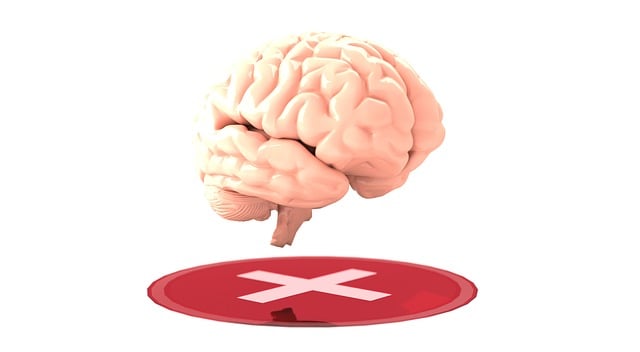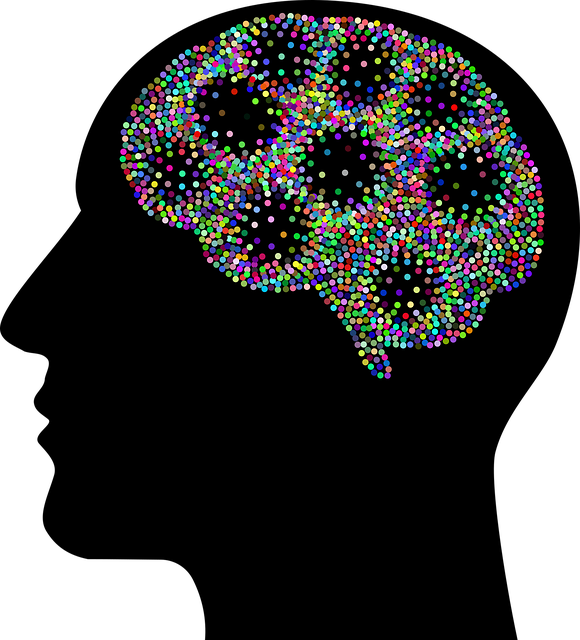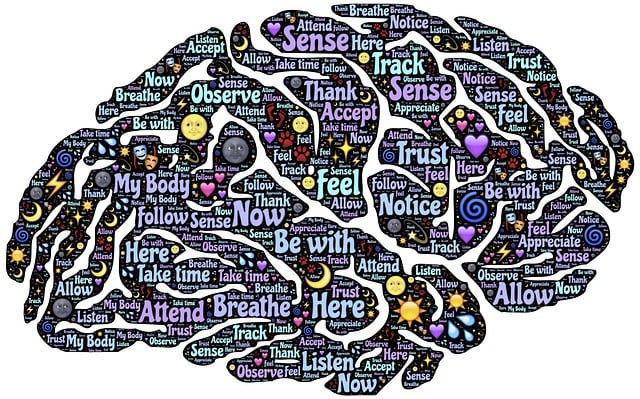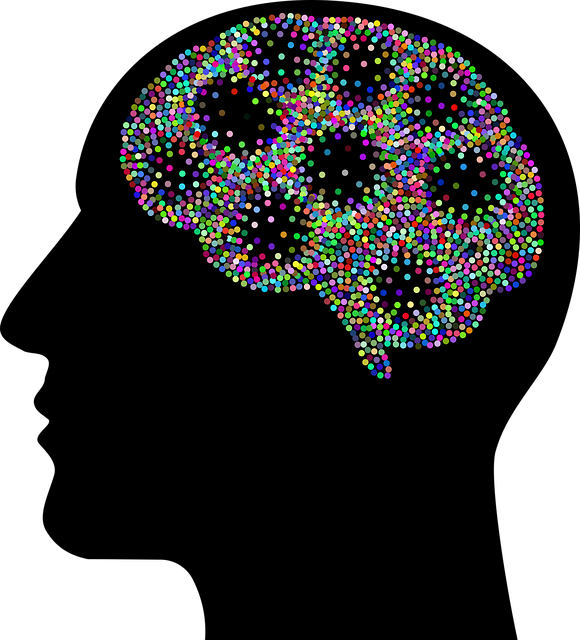Lakewood EMDR Therapy leverages advanced statistical analysis, data visualization, and ethical practices to revolutionize mental health care. By integrating patient self-reports, clinical observations, and standardized assessments, therapists gain a holistic view of mental health. This enables tailored interventions, improved coping mechanisms, and enhanced resilience. Statistical methods analyze patient progress over time, providing insights into treatment effectiveness and guiding personalized care plans. Ethical considerations protect privacy, prevent biases, and promote transparency in handling sensitive data, fostering a welcoming environment for all. Through data-driven strategies, Lakewood EMDR Therapy enhances therapeutic outcomes and revolutionizes mental health support.
“Mental health data analysis is a powerful tool for understanding patient progress and tailoring treatments. This article explores the intricacies of this process, focusing on the role of statistical methods in interpreting mental health data, as well as the impact of innovative therapies like Lakewood EMDR. We delve into case studies demonstrating data-driven insights, while addressing crucial ethical considerations. By integrating these analytical techniques, healthcare professionals can create personalized treatment plans, revolutionizing patient care and outcomes.”
- Understanding Mental Health Data Collection with Lakewood EMDR Therapy
- The Role of Statistical Analysis in Interpreting Patient Progress
- Uncovering Patterns and Insights: Case Studies in Mental Health Data
- Ethical Considerations in Mental Health Data Interpretation
- Integrating Data Analysis for Personalized Treatment Plans
Understanding Mental Health Data Collection with Lakewood EMDR Therapy

Understanding Mental Health Data Collection is a pivotal step in effective Lakewood EMDR Therapy. This therapeutic approach, pioneered by the EMDR Institute, leverages eye movement desensitization and reprocessing (EMDR) techniques to help individuals process traumatic memories and reduce symptoms of mental illness. By integrating data from various sources, including patient self-reports, clinical observations, and standardized assessments, therapists can gain a holistic view of an individual’s mental health landscape. This comprehensive understanding enables tailored interventions aimed at addressing specific symptoms, improving coping mechanisms, and fostering resilience.
In the context of Lakewood EMDR Therapy, data collection goes beyond traditional methods to incorporate innovative tools and measures. For instance, advanced risk assessment protocols help identify individuals at higher risk for adverse outcomes, enabling proactive crisis intervention guidance. Simultaneously, ongoing monitoring and evaluation ensure that treatment remains effective and adaptable to each patient’s evolving needs. These comprehensive Mental Illness Stigma Reduction Efforts are crucial in creating a supportive environment where clients feel safe to explore their experiences without fear of judgment, ultimately enhancing the therapeutic outcome.
The Role of Statistical Analysis in Interpreting Patient Progress

Statistical analysis plays a pivotal role in deciphering patient progress and outcomes in mental health treatment, including Lakewood EMDR Therapy. By employing robust statistical methods, therapists can gain valuable insights into the effectiveness of various therapeutic interventions. This data-driven approach enables practitioners to objectively measure improvements or relapses over time, ensuring evidence-based decision-making.
For instance, these analyses can reveal trends in patient symptoms before and after treatment, highlighting the impact of techniques like Social Skills Training and Resilience Building. Moreover, it aids in understanding the intricate relationship between emotional healing processes and overall recovery, paving the way for personalized care plans that cater to individual needs.
Uncovering Patterns and Insights: Case Studies in Mental Health Data

In the realm of mental health data analysis, uncovering patterns and insights is akin to piecing together a complex tapestry. By employing advanced statistical methods and visualization techniques, researchers and professionals can gain profound understanding from seemingly raw numbers. Case studies in this field have shown that systematic analysis of mental health data can reveal significant trends and correlations, offering valuable guidance for treatment strategies. For instance, a study focusing on Lakewood EMDR Therapy (Eye Movement Desensitization and Reprocessing) might uncover distinct patterns in patient responses, leading to tailored interventions that enhance therapeutic outcomes.
Through such analyses, the importance of public awareness campaigns development becomes evident. By identifying common mental health challenges within specific populations, targeted initiatives can foster inner strength development and mood management. This data-driven approach not only personalizes treatment but also contributes to broader strategies aimed at improving mental well-being on a community level. Additionally, these insights can inform policy decisions, ensuring resources are allocated effectively to support those in need.
Ethical Considerations in Mental Health Data Interpretation

In the realm of mental health data analysis and interpretation, ethical considerations are paramount. As technology advances, allowing for more detailed and nuanced insights into individual mental states through methods like Lakewood EMDR Therapy, the potential benefits must be balanced against privacy concerns and potential biases. Researchers and healthcare providers must navigate complex issues related to informed consent, data security, and the responsible use of sensitive information. This includes ensuring transparency in how data is collected, stored, and utilized, as well as guarding against unintended consequences that could exacerbate existing disparities or promote stigma, such as those associated with mental illness.
Cultural sensitivity in mental healthcare practice plays a crucial role in this ethical landscape. Recognizing the impact of cultural backgrounds on both the expression and treatment of mental health conditions, professionals must adapt communication strategies to be inclusive and respectful. Efforts to reduce mental illness stigma are also essential, as they foster an environment where individuals feel safe seeking help without fear of judgment or discrimination. These considerations collectively guide responsible practices that prioritize the well-being and dignity of every individual engaging in mental healthcare services.
Integrating Data Analysis for Personalized Treatment Plans

In today’s digital era, integrating data analysis is transforming mental health care, allowing for more personalized treatment plans. By leveraging advanced analytics techniques, healthcare professionals can gain valuable insights from patient data, including behavioral patterns, treatment responses, and progress over time. This enables them to tailor interventions specifically to each individual’s needs, enhancing the effectiveness of therapies like Lakewood EMDR Therapy. For instance, analyzing stress management strategies through Mental Wellness Podcast Series Production can reveal what approaches work best for different demographics or trauma support services users.
Such data-driven insights facilitate continuous improvement in treatment methodologies and better outcomes for patients. Personalized care ensures that each person receives the most suitable approach, fostering a more inclusive and successful journey towards mental wellness. This integration of data analysis is not just a game changer but a necessary step to meet the diverse needs of individuals seeking support.
Mental health data analysis is a powerful tool that, when combined with therapeutic approaches like Lakewood EMDR Therapy, can significantly enhance patient outcomes. By employing statistical methods and exploring case studies, we uncover valuable insights into mental health trends. Ethical interpretation of this data is paramount, ensuring privacy and informed consent. Integrating these analytical techniques allows for personalized treatment plans, revolutionizing care and offering hope to those seeking support.














